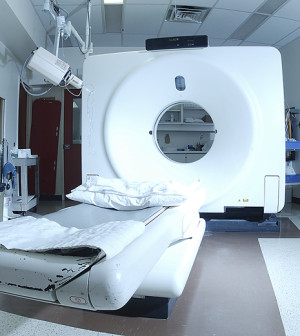- Calories, Not Meal Timing, Key to Weight Loss: Study
- Dietary Changes May Beat Meds in Treating IBS
- Screen Pregnant Women for Syphilis, Ob-Gyn Group Advises
- Even With Weight Gain, Quitting Smoking in Pregnancy Still Best for Health
- A-Fib Is Strong Precursor to Heart Failure
- One Neurological Factor Keeps Black, Hispanic Patients From Alzheimer’s Clinical Trials
- Managing Blood Sugar After Stroke Could Be Key to Outcomes
- Dozens of COVID Virus Mutations Arose in Man With Longest Known Case
- Blood Test Might Someday Diagnose Early MS
- Check Your Fridge for Trader Joe’s Fresh Basil, Linked to Salmonella
Lower Blood Sugar Levels May Aid Memory, Study Suggests


WEDNESDAY, Oct. 23Higher blood sugar levels may increase the risk of memory problems, even in people who have blood sugar (glucose) levels within the normal range, a new study suggests.
The study included 141 people, average age 63, who did not have diabetes or pre-diabetes — which is sometimes called impaired glucose tolerance. The study did not include people who were overweight, who drank more than three-and-a-half servings of alcohol a day, or had been diagnosed with memory and thinking problems.
The investigators tested the memory skills and checked the blood sugar levels of the participants. In addition, brain scans were used to measure the size of their hippocampus, a part of the brain that plays an important role in memory.
People with lower blood sugar levels did better on the memory tests. For example, on a test where participants were asked to recall a list of 15 words 30 minutes after hearing them, those with lower blood sugar levels remembered more of the words than those with higher blood sugar levels.
The researchers also found that hippocampus size was larger in people with lower blood sugar levels than in those with higher levels, according to the study published online Oct. 23 in the journal Neurology.
“These results suggest that even for people within the normal range of blood sugar, lowering their blood sugar levels could be a promising strategy for preventing memory problems and cognitive [thinking] decline as they age,” study author Dr. Agnes Floel, of Charite University Medicine in Berlin, Germany, said in a news release from the American Academy of Neurology. “Strategies such as lowering calorie intake and increasing physical activity should be tested.”
More information
The U.S. National Library of Medicine has more about memory.
Source: HealthDay
Copyright © 2024 HealthDay. All rights reserved.










